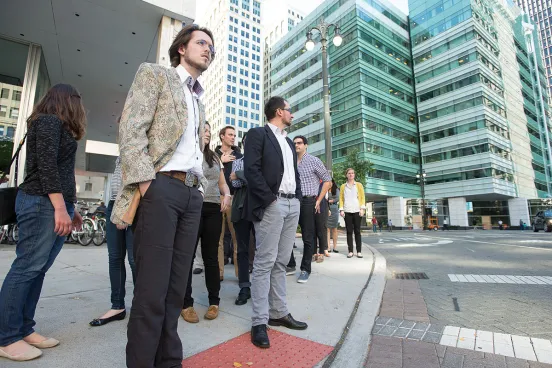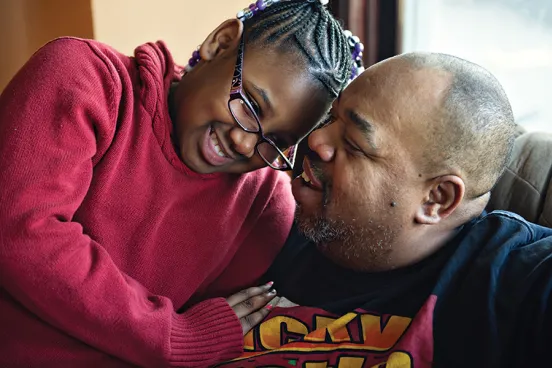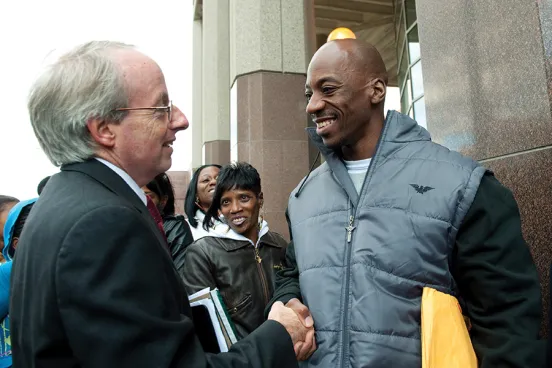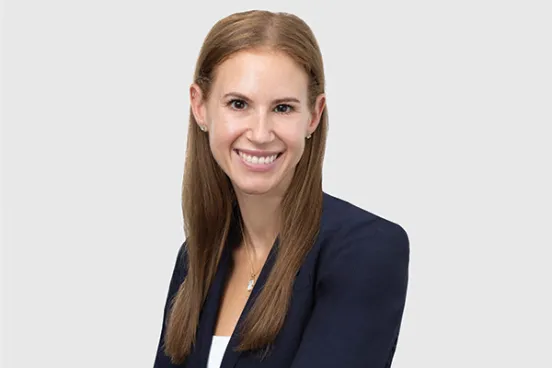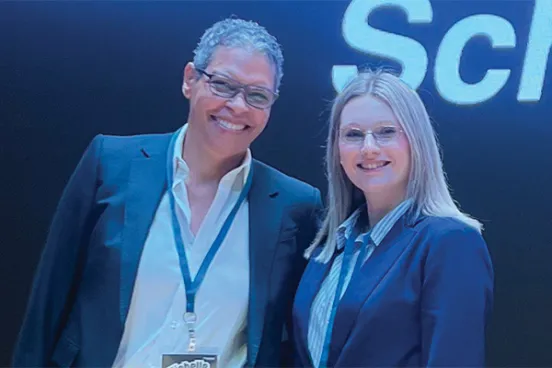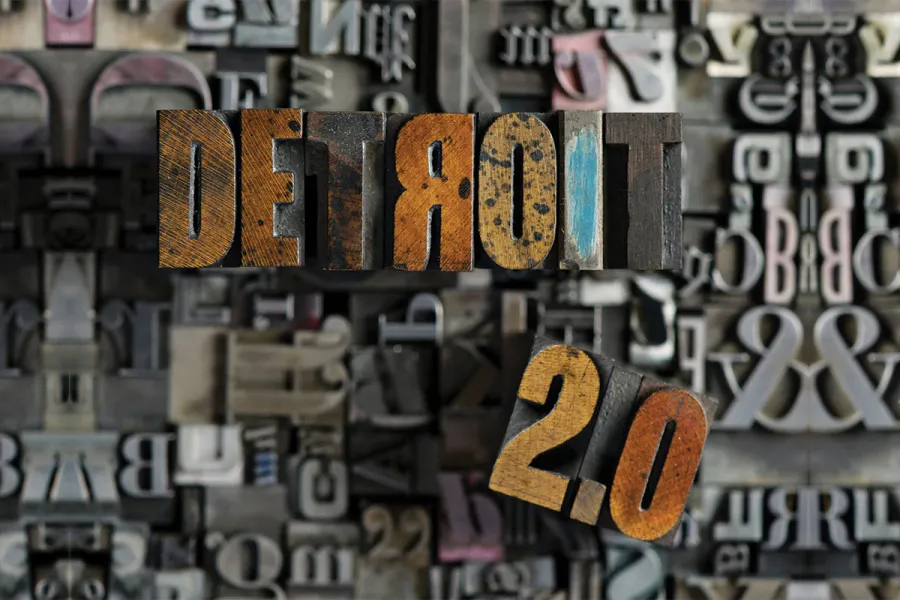
Detroit is a gutted city, a cautionary tale, a tapestry of ruin.
Or: Detroit is the comeback kid, a wise investment, a city that will return to greatness.
What happens next in the country’s onetime industrial capital is a story that cannot yet be written; no crystal ball can accurately predict the future of the largest U.S. city ever to seek bankruptcy protection. What we know is this: Many smart, talented, tenacious people are attempting to make the city a modern powerhouse. And many of them call Michigan Law home.
The state’s governor, the city’s new mayor, and the emergency financial manager all earned degrees from the Law School, all around the same time. Alumni who are entrepreneurs, education experts, nonprofit leaders, even urban farmers are hoping to contribute to the revitalization of the city in ways large and small.
With an array of stories in the coming pages, we hope to paint a picture of the incipient revitalization of Detroit. Or perhaps stitching together a quilt is a more apt comparison, as the stories highlight a city that is made of patches of despair and hope, of blight and grandeur. Some patches are threadbare; others contain impeccable embroidery. Whatever the metaphor, know this: Michigan Law alumni, faculty, and students are vital to Detroit’s future.
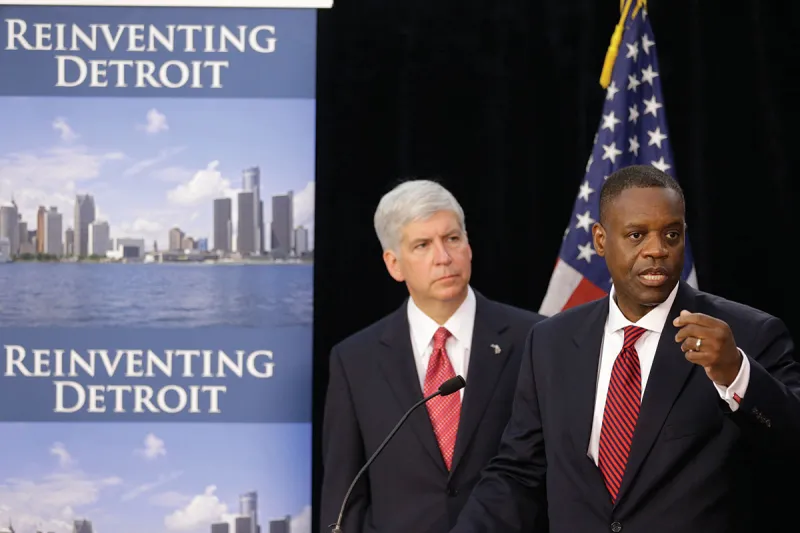
Bankruptcy
We begin with the people at the political center of the city’s bankruptcy: Emergency Manager Kevyn Orr, ’83; newly elected Mayor Mike Duggan, also ’83; and Gov. Rick Snyder, ’82, who, among other roles he has played in the city, appointed Orr. We also include a profile of Judge Steven Rhodes, ’73, both an alumnus and a lecturer at the Law School; many observers say he has just the right background and temperament to oversee the bankruptcy proceedings in federal court. Next you’ll read about another era in which Detroit was threatened with hard times, and another U-M alumnus who helped to steer its turnaround. And you’ll learn about one of the exonerees of the Michigan Innocence Clinic, who may be the city’s most unlikely unsecured creditor.
The full picture in the city remains mixed. But Mayor Duggan makes this promise: “The change has started and the change in Detroit is real.”
- The Big Three
- Rhodes, ’73: Guitar-Playing Bankruptcy Judge Tuned In To The People
- Mayor Saves Detroit From Financial Ruin
- Detroit's Real Challenge Imprisoned, Exonerated —And Now An “Unsecured Creditor”
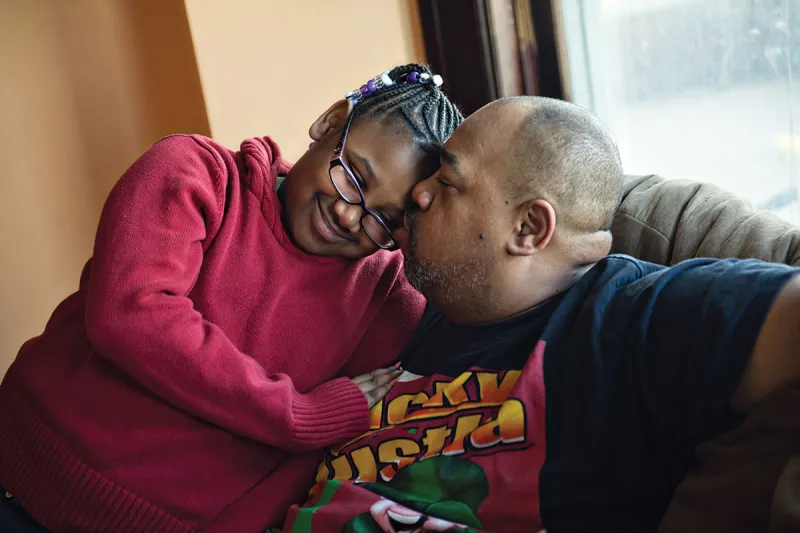
Community Building
One criticism of the revitalization of Detroit is that much of the focus is on downtown—leaving a lot of the city’s 143 square miles untouched. But for those working with community-building
organizations and projects, a desire for renewal of the entire city fuels their work.
They could work in their fi elds anywhere in the world, but they were drawn to Detroit—in part because of the appeal of turning around a place in such dire need of improvement. Felicia Andrews, ’04, has worked in Johannesburg and London, but she decided to return to her hometown of Detroit, where she started the nonprofit Team 313, which teaches life skills to young people.
One thing you will notice in the next set of stories is extraordinary optimism. Dan Varner, ’94, CEO of Excellent Schools Detroit, is one of several people we interviewed who criticized Time magazine’s description of the city as a “ghost town” and its photographs of the city’s “beautiful, horrible decline.”
“I think 10 years from now, Time magazine will be back, and the cover story will focus on Detroit as the most amazing turnaround success story for a big city in America,” Varner predicts. “Increasingly it is a great place to live and be a child and raise a family, and 10 years from now, people will know that story.”
- Prosecution and Prevention
- Reviving Detroit at its Roots with Urban Agriculture
- Detroit Center for Family Advocacy: Keeping Families Together
- Felicia Andrews, ’04: Helping Youth Succeed Through Team 313
- Katy Locker, ’02: Boosting Quality of Life in Detroit
- Dan Varner, ’94: Fostering Excellence in Education
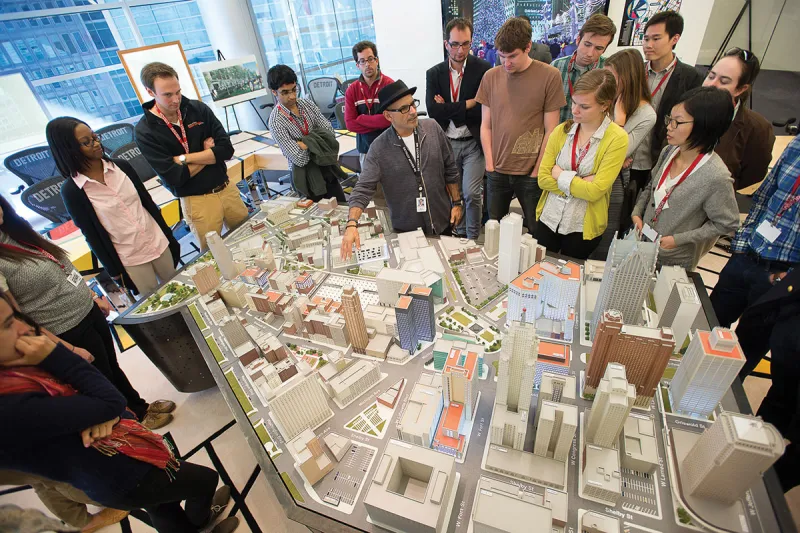
The Legal Landscape
Sure, the city is bankrupt, and yes, many things in Detroit are far from perfect right now. Still, for fi rms based in Detroit, things are going quite well. We talked with leaders of the three largest Detroitbased firms (all of them Michigan Law alumni), and they all say they have weathered the diffi cult years in the city and are optimistic about the future.
That future could include many current law students, such as some in the group JDs in the D. As you will read in the story about them, many students are excited about staying in Detroit after they earn their law degrees. Some even came to Michigan Law in part because they wanted to be close to a city on the brink of renewal. Others are just learning how many opportunities can be found in Detroit.
If they choose to stay in the area after graduation, one thing is certain: They will be surrounded by other Michigan Law alumni. As with the turnaround of the city’s government, people who earned their degrees here are shaping the course of legal practice in Detroit.
“I take great pride that there are an awful lot of University of Michigan and Michigan Law alumni who are substantially engaged in restoring the city,” says Michael McGee, ’82, CEO at Miller Canfi eld. “With that degree of Michigan fi repower, I know Detroit is going to be successful.”
- Detroit Law Firms are Doing Well—and Look to Play a Role in the City’s Turnaround
- JDs in the D: Michigan Law Students Discover Detroit's Appeal
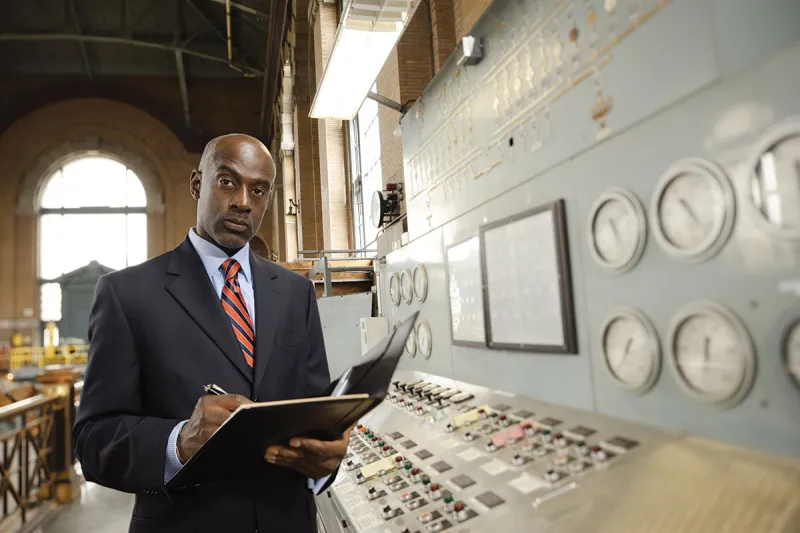
Entrepreneurship
“What’s going on here is historic.”
So says Jake Cohen, ’13, a partner at Detroit Venture Partners, a venture capital firm that focuses on early-stage tech companies. And by here, he doesn’t just mean his company; he means Detroit. The city has become a hotbed of entrepreneurial activity. People in the field, after all, are drawn to risks and what they see as undervalued assets. As one of the city’s entrepreneurs has said, “Where everything is broken, anything is possible.”
That spirit is part of what drew Glenn Oliver, ’87, to launch his company in Detroit. It’s paying off; his startup has enjoyed buzz from Fortune and Forbes, and it recently earned top honors at a start-up expo hosted by the prestigious Silicon Valley Forum.
Nick Gorga, ’02, also is involved in entrepreneurship, but in a different way: The hiring partner at Honigman, he wanted to make a direct impact on Detroit. He did so by cofounding Hatch Detroit, a yearly contest that helps local entrepreneurs open businesses.
The current entrepreneurial culture in Detroit is relatively new. But, as Oliver points out, entrepreneurship has deep roots in the city: “When people think of Detroit, they think of the auto industry as it exists today. But don’t forget that, long ago, Henry Ford was a Detroit entrepreneur with a startup.”
- Hatching New Businesses in Detroit
- Glenn Oliver, ’87: Tapping Innovation for Water Utilities
- Detroit-based VC Firm Creates Irresistible Opportunity


